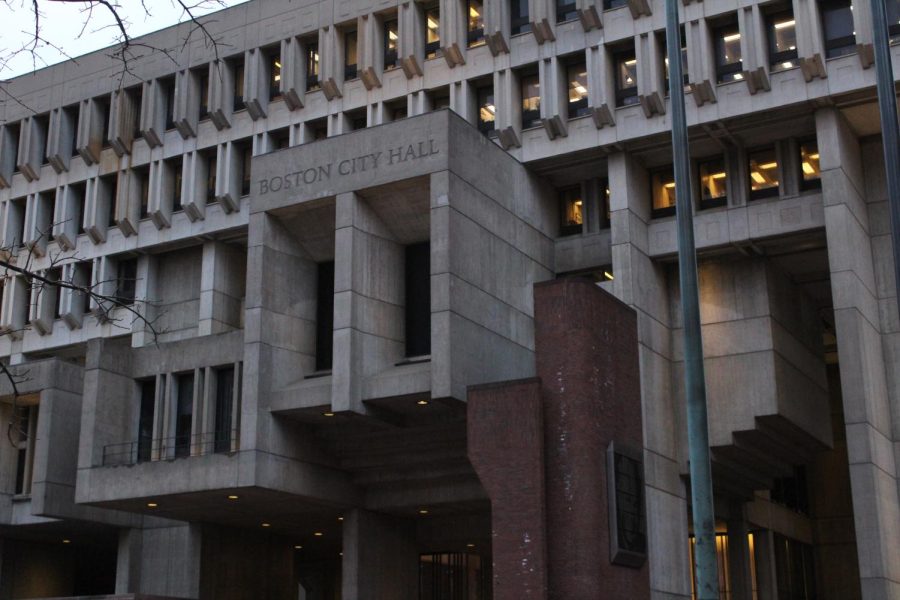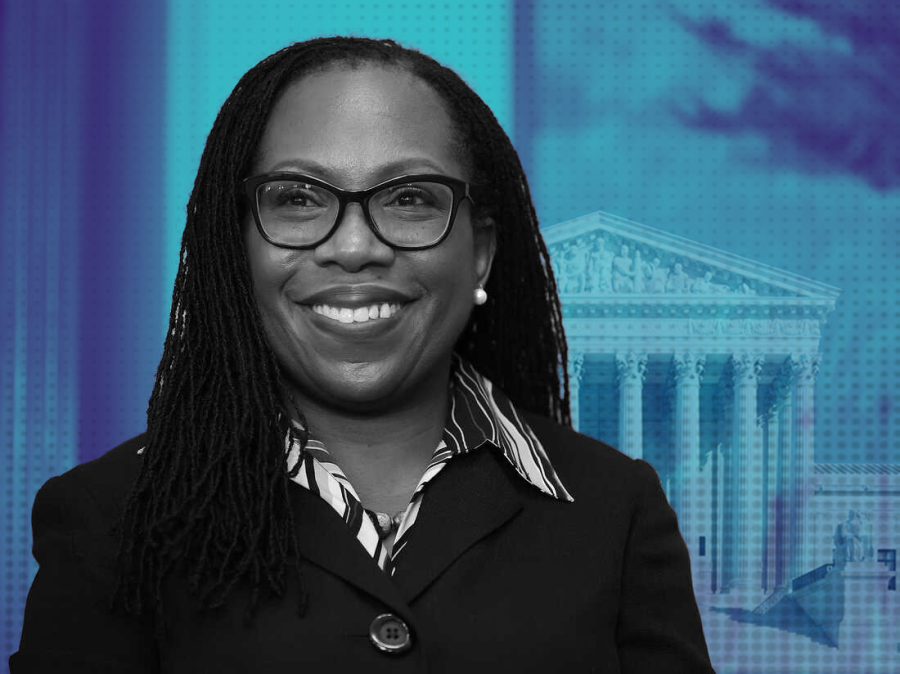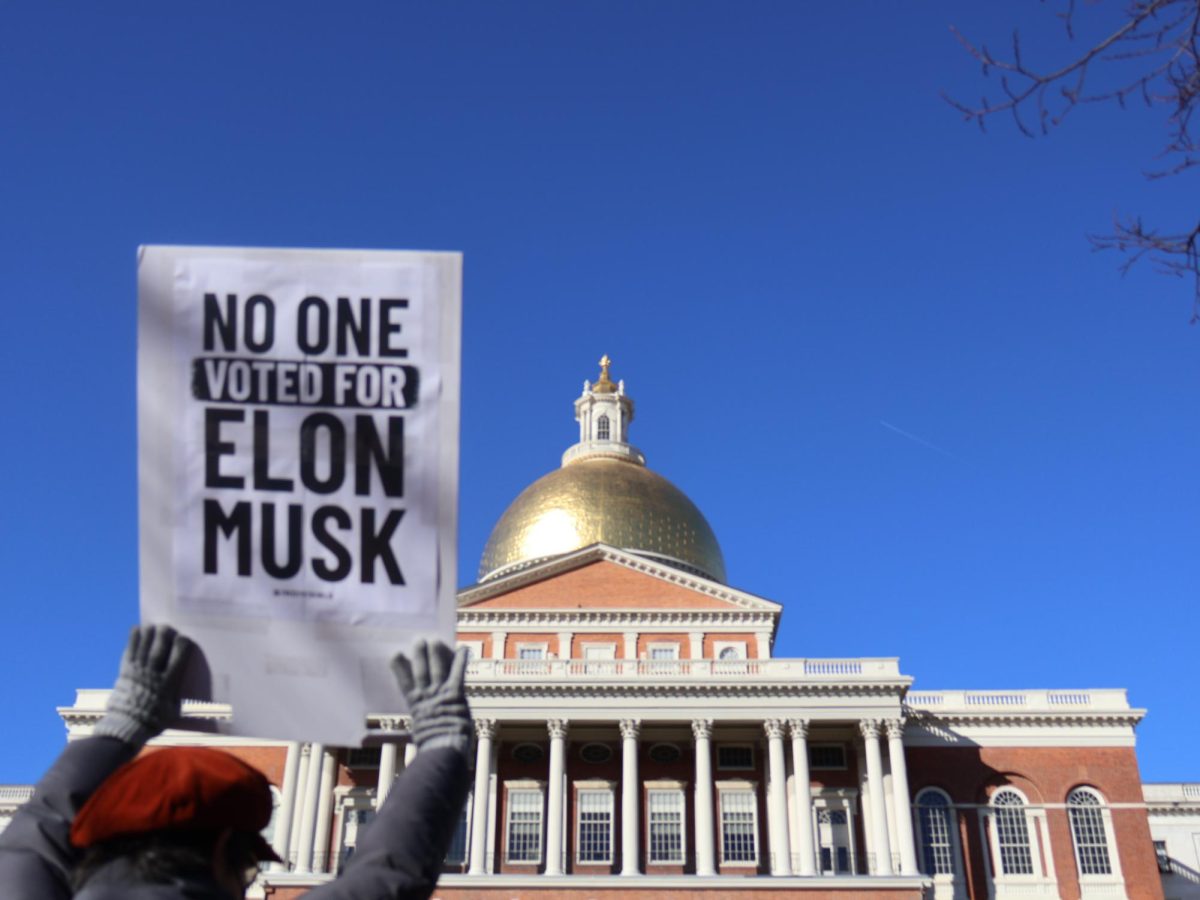A bill seeking to reform law enforcement and help prevent police brutality was unveiled in Congress Monday following weeks of protests and the death of George Floyd.
The Justice in Policing Act of 2020 includes measures that civil rights leaders have promoted for decades to combat racial bias and excessive force in law enforcement, according to The New York Times.
The bill calls for police departments to undergo mandatory bias training, the creation of a national registry to track police misconduct and would eliminate some unannounced police raids.
Law enforcement officers would have to use dashboard and body cameras while on duty, report more instances of use of force, and ban certain police tactics, including chokeholds.
The bill would also make police officers more liable for any civil rights violations they commit.
The proposed legislation is sponsored by four Democrats: Reps. Karen Bass, chairwoman of the Congressional Black Caucus, and Judiciary Chairman Jerry Nadler, as well as Sens. Cory Booker and Kamala Harris.
The bill comes as major cities across the country look to make changes to their police departments after George Floyd’s death on May 25.
Floyd, a black man, was killed when a Minneapolis police officer knelt on his neck for nearly nine minutes, even after Floyd had passed out. His name joins a list of numerous other black Americans who have died during arrests or while in police custody.
House Democrats gathered in the Capitol’s Emancipation Hall before unveiling the bill. They knelt in silence there for 8 minutes and 46 seconds: the same amount of time Floyd was pinned to the ground.
“The martyrdom of George Floyd gave the American experience a moment of national anguish as we grieve for the black Americans killed by police brutality today,” Speaker of the House Nancy Pelosi told reporters Monday. “This moment of national anguish is being transformed into a movement of national action as Americans from across the country peacefully protest to demand an end to injustice.”
The arrival of the new bill comes just a day after the Minneapolis City Council announced it would be dismantling its police force, citing that it is too late for reform, according to The New York Times.
The nine member, veto-proof, majority of the city’s 13 councilors announced it would rethink public safety from the ground up, working with the community to find an effective public safety system that will likely rely on social services approach to de-escalate situations. This announcement came after Minneapolis Mayor Jacob Frey said Saturday he did not believe in abolishing the police department.
Proponents of defunding police departments, or cutting how much of a city’s budget goes toward them, say doing so would allocate more resources for the cities to invest in historically marginalized communities where policing happens most often. Money would be spent on social services and de-escalation responses, among other programs, rather than traditional policing.
“(We need) to listen, especially to our black leaders, to our communities of color, for whom policing is not working and to really let the solutions lie in our community,” Minneapolis Council President Lisa Bender told CNN.
Boston Mayor Marty Walsh announced Sunday that city officials are looking into reallocating parts of its police department’s budget, which accounts for 15% of the total city budget, according to The Boston Globe.
Walsh said in an interview on WCVB-TV’s “On The Record” Sunday that arbitrarily cutting the budget is not the answer. He said the money needs to go to programs that will make a difference.
“I think there’s an opportunity for us to reallocate some of that money, whether it’s into training or to community involvement,” Walsh said in the interview.
Several Boston city counselors announced they would look into defunding police, according to The Boston Globe.
“This is about system reform, it’s not about individual police officers,” Councilor Andrea Campbell, who chairs the council’s committee on public safety and criminal justice, told The Globe. “The question is, how do we reform our system to create greater outcomes, greater transparency.”
Campbell and Councilor Michelle Wu suggested the city re-examine police training standards, and Wu called for new Massachusetts laws that would keep police officers with records of misconduct from being able to work on any force in the state, the Globe reported.
Joe Biden, presumptive Democratic presidential nominee, does not support defunding police, his campaign said Monday.
“Vice President Biden does not believe that police should be defunded,” campaign spokesperson Andrew Bates said in a statement. “He hears and shares the deep grief and frustration of those calling out for change, and is driven to ensure that justice is done and that we put a stop to this terrible pain.”
President Donald Trump said he is also against defunding police. ABC News reported Monday that Trump said during a White House roundtable that police are doing a “fantastic job.”
“There won’t be defunding, there won’t be dismantling of our police and there is not going to be any disbanding of our police,” Trump said.
But cities across the country continue to look into reallocating police funding, including New York City, Los Angeles and Portland, Oregon, according to The Washington Post.




















